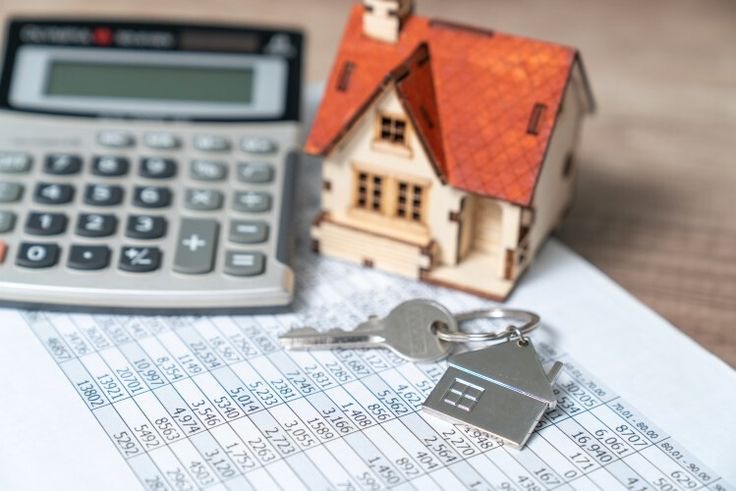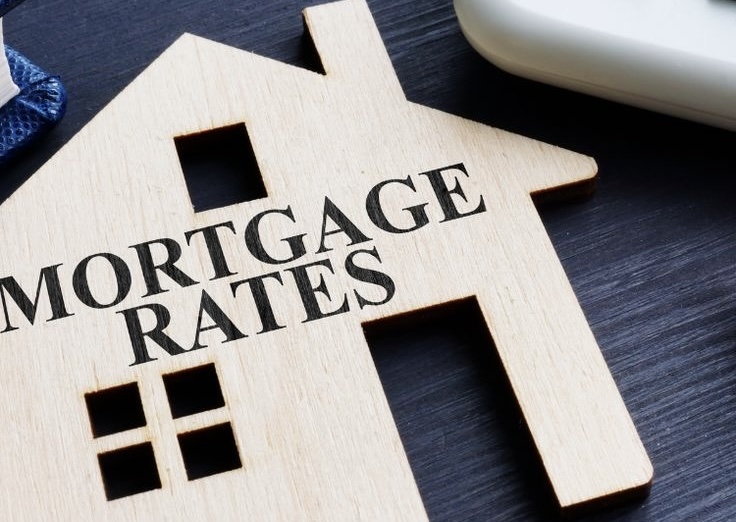While many people are hopeful that mortgage rates will reduce, this article discusses why mortgage rates are unlikely to drop.
The new year has just started, and things are a bit tricky for people who want to borrow money for a house. 2024 ended with some good news. Mortgage rates dropped by a full percentage point. It reduced after the Fed cut the rate three consecutive times.
This move lowered the federal funds rate, which is the rate banks use when they lend money to each other. In September 2024, this rate was between 5.25% and 5.50%. However, by December, it dropped to between 4.25% and 4.50%.
Inflation also went down a little in 2024. A year ago, inflation was at 3.1%. It dropped during the summer but went back up a bit in November. At the end of the year, inflation was at 2.7%. At the same time, a strong jobs report in December showed that the number of people working was higher than expected. This influenced the Federal Reserve’s decision to cut rates. Lower rates usually make borrowing cheaper, and it can lead to lower mortgage rates.
However, even though the Federal Reserve cut rates, mortgage rates did perform as expected. It has actually gone up instead of down. Although this may seem confusing, there are specific reasons why this is happening. Let’s find out.
Why Mortgage Rates Are Still High Even After the Fed Lowered Interest Rates
According to Freddie Mac data, as of January 14, 2025, the average rate for a 30-year fixed mortgage is 7.01%. This is higher than the 6.09% rate back in September 2024, right after the Fed made its first rate cut in over four years. However, experts explain that the Fed’s actions are not the only factor that affects mortgage rates.

Sarah DeFlorio, vice president of mortgage banking at William Raveis Mortgage, says that mortgage rates are closely tied to the 10-year treasury yield. Now, those yields are at their highest point in over a year, and this usually pushes mortgage rates up.
She also mentioned that inflation is still a big problem, adding that there are other problems like tariffs and global issues. This situation makes investors nervous, and it affects rates. DeFlorio is hopeful that if things calm down later this year, mortgage rates might drop.
Another expert, Robert Johnson, said that the Federal Reserve is just one piece of the puzzle when it comes to interest rates. Other factors, like government spending, trade policies, and the strength of the U.S. economy, also play a role. Right now, these other factors seem to be working against the Fed’s efforts to lower rates.
ALSO READ: 30-Year Mortgage Rates in the U.S. Drop to Lowest Level Since April 2023
How Does the Bond Market Affect Mortgage Rates?
Even after the Federal Reserve has cut its rates, mortgage rates have not dropped as much as expected. This is because mortgage rates depend on more than just the Fed’s decisions. The rates are influenced by how the economy is performing and the interest rates on 10-year Treasury bonds. When the Treasury bond rate increases, mortgage rates increase. Also, when it goes down, mortgage rates usually follow.

Even though mortgage rates and Treasury bond rates move in similar ways, they are not the same. Mortgages are much more risky for lenders, so their interest rates are usually higher. According to past trends, mortgage rates have been about 1.7% to 2.25% higher than Treasury bond rates. For instance, on January 9, the average mortgage rate was 6.93%, which was 2.25% more than the 10-year Treasury bond rate of 4.68%.
One reason why mortgage rates are staying high is because the Treasury bond rates are higher than usual. These higher rates increase the cost of borrowing for lenders because investors who buy securities that are backed by mortgages want better returns. Lenders pass these higher costs on to people who are taking out mortgages.
As financial expert DeFlorio explains, when bond rates rise, mortgage rates also go up. Banks are quick to raise rates when the market changes but are much slower to lower them.
ALSO READ: 10-Year Treasury Yield Edges Lower Amid Anticipation of Economic Data, Fed Remarks
Is It Advisable to Buy a House With the Present Mortgage Rate?
Even though mortgage rates are not dropping as quickly as people might like, buying a home now could still be a good idea. If your finances are steady and you can afford the mortgage and other costs, owning a home allows you to secure your housing costs. This can be helpful since rent prices are going up.

Buying now might also mean you face less competition from other buyers. This will reduce the probability of you getting stuck in a bidding war.
There’s a saying: “Date the rate, marry the house.” This means you can commit to buying the house now, even if the interest rate on your loan is high. Later, if rates go down, you can refinance your loan to get a better deal.
If you choose to buy, make sure to shop around and compare offers from different lenders to get the best rate possible.

